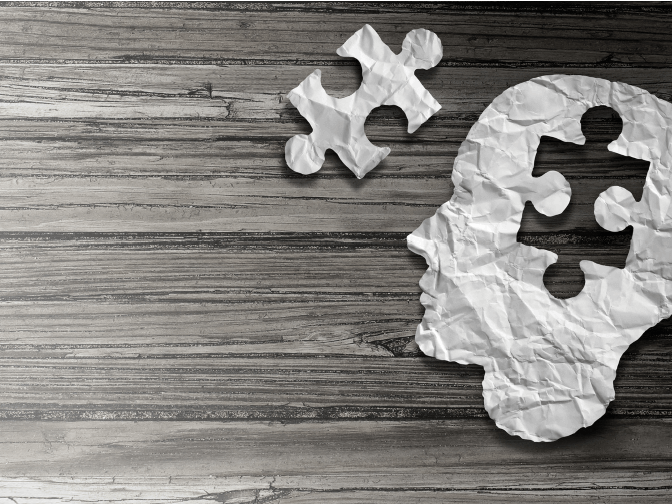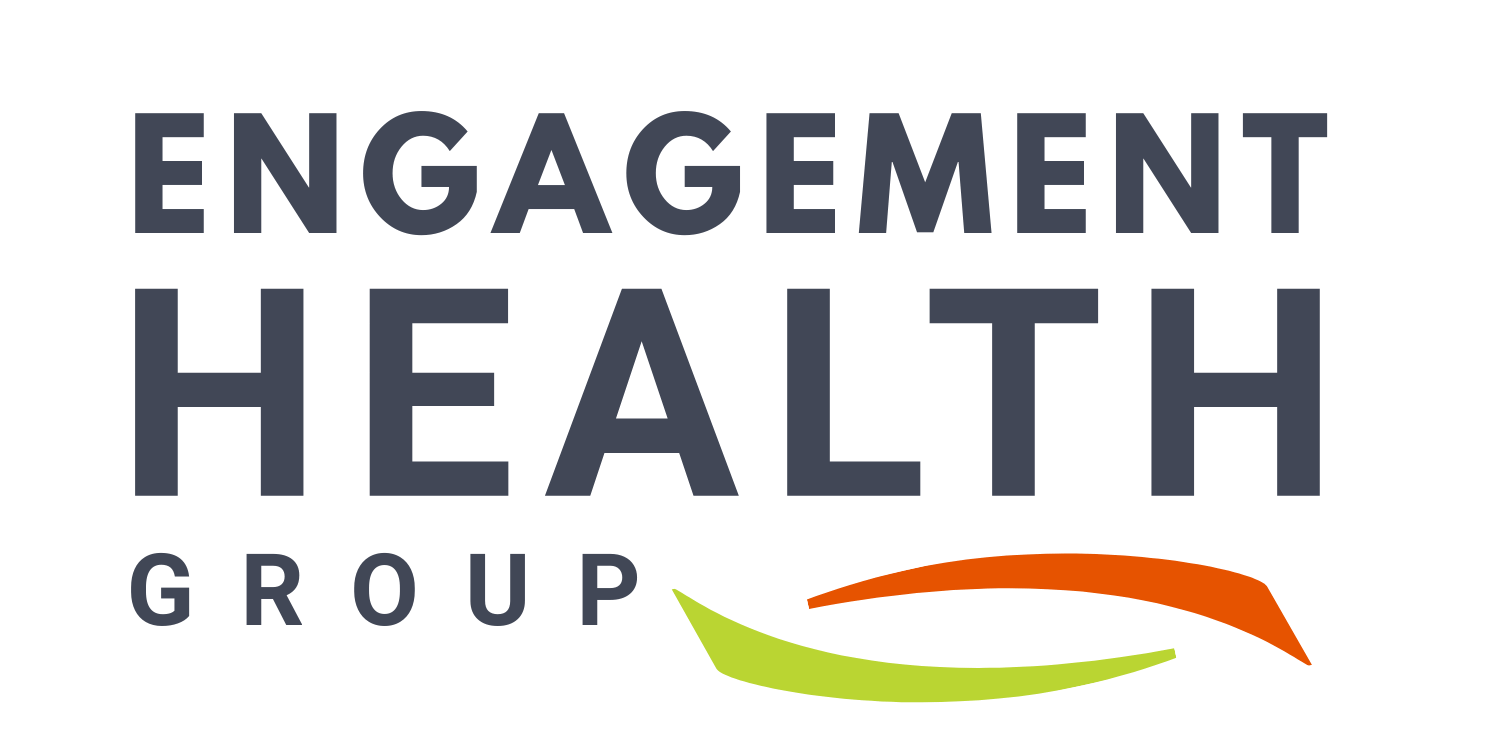
What is…
“Mental Health?”
Mental health includes our psychological, emotional, and social well-being. It helps determine behaviors, thoughts, and how we interact with others and the world around us.

What is…
“Brain Health?”
Sleep is when the body recovers from the stress of the day. This is the time when your body repairs cell damage and gains strength.

What Is…
“Mood and Emotion?”
There are key differences between mood and emotion. Mood has a longer duration and causes specific emotions to be more prevalent during that time. A mood is more general, while emotion can be specific to an event or person.

Impacting Mental Wellness
There are many behaviors that can positively impact your mental wellbeing. It’s important to remember that these are practices that should be done on a regular basis to maintain physical and mental wellness. Remember to start small and focus on realistic change.
Get 7-9 hours of sleep
Eat a balanced diet
Avoid alcohol, tobacco and drugs
Try to get 30 minutes of sunlight per day
Manage stress with quality tools
Get a variety of activity and exercise
Participate in hobbies that bring you joy
Create quality connection with others
Volunteer to help others
Ask for help
A Healthy Brain
As we age, our brains begin to slow, but rest assured there are practices that can be done to reduce risk of age-related disease such as dementia and Alzheimer’s disease.
Maintain a healthy lifestyle:
Nutrition: The brain utilizes 25% of energy consumed from food. Today’s research shows a balanced diet, rich in plantbased foods is key for brain health.
Sleep: During sleep, our glymphatic system or “janitor cells” clean up toxins in our brain, our short-term memories are converted to long-term memories and stored, thought processes are organized, and new connections are built.
Exercise: The “Miracle Gro” of the brain. Physical activity aids in creating new brain cells and making new neural connections.
Numbers: Maintain a healthy blood pressure for better blood flow and reduced risk of stroke.
Social network: Studies show that individuals with strong social networks within their community have slower rates of memory decline. Social support can also help reduce stress, the risk of depression, and enhance intellectual stimulation.
Get mental stimulation: Stimulating the brain can build new connections between nerve cells and create a barrier against future loss. These activities include reading, puzzles, math problems, drawing, painting, etc.
Manage stress: While stress itself can impact brain health so can unhealthy stress management tools such as alcohol, tobacco, and drugs. It’s important to establish healthy stress management habits and practice them on a regular basis.
Simple deep breathing is a great place to start.

Improving Mood and Managing Emotion
It often feels like we have no control
over our mood and emotions. To some
degree that can be true, you cant help
the feeling of anger or fear you may
have when someone cuts you off in
traffic.
However, we can control our
behaviors. Understanding your moods
and emotions is the first step to having
improved positive reactions to
emotions and moods. Utilizing healthy
tools can help us to better manage our
behavior and improve our emotional
wellbeing.
Recognize how your emotion is
impacting your life
Focus on regulating your emotion
not repressing it
Identify the root emotion, it may
not be the first feeling you have (e.g.
often anger is expressed due to fear)
Accept your emotions, they are not
good or bad, just messengers
Write down your feelings and
responses to recognize patterns
Have a deep breathing routine
Be mindful of how you express
yourself
Get some space from people, places
or events that cause intense
emotions
Practice new tools like meditation
or mindfulness
Manage your stress with a healthy
lifestyle
Find someone or a group to talk to
Resources & Tools
Apps
Lumosity
Moodpanda
MyLife
Mental health… is not a destination, but a process. It’s about how you drive, not where you’re going.
~ Noam Shpancer, PhD
